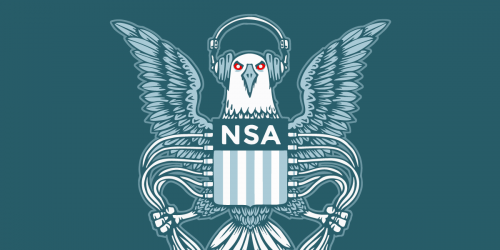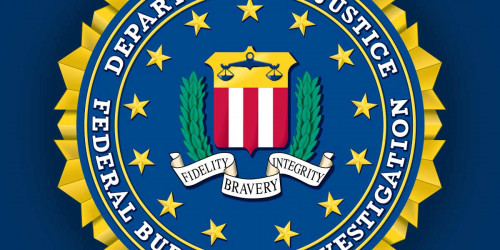Congress (Finally) Agrees on PATRIOT Extension Deal
The suspense is over. After a weeks-long game of brinksmanship, the Senate and House have agreed to extend the sunsetting provisions of PATRIOT--which were scheduled to expire on December 31st--until February 3rd. The President plans on signing the bill.
We'd prefer that these PATRIOT provisions not be extended at all, but this is still a major victory for those who want Congress to add new checks and balances against abuse of the broad PATRIOT surveillance powers. The Administration and the DOJ, despite their best efforts, could not garner enough support for the sham "compromise" bill that would have renewed everything with mostly cosmetic reforms. As Senator Feingold said in a statement this evening, right before the Senate vote: "No one should make the mistake of thinking that a shorter extension will make it possible to jam the unacceptable conference report through the Congress. That bill is dead and cannot be revived."
Related Updates
The New York Times reported that the Trump administration wants Section 215, the legal authority that allows the National Security Agency to collect Americans’ telephone records, renewed indefinitely. That’s despite earlier reports the NSA had shuttered its Call Details Record (CDR) Program because it ran afoul of...
Over nearly two decades, the NSA has searched millions of Americans’ telephone call records—all without a warrant or, for the vast majority of these calls, any suspicion of wrongdoing. It’s time to end the mass telephone Call Detail Records (CDR) program once and for all. Please join us in ...
Earlier this month, the New York Times published a major story reporting that the NSA has stopped using the authority to run its massive, ongoing surveillance of Americans’ telephone records. After years of fighting mass surveillance of telephone records, the story may make our jobs easier: NSA has consistently...
UPDATE September 14, 2018: This blog has been updated at the bottom to include information about two Senators’ reactions to the NSA’s call detail record deletion.In late June, the NSA announced a magic trick—hundreds of millions of collected call records would disappear. Its lovely assistant? Straight from the agency’s statement:...
This week, 24 civil liberties organizations, including EFF and the ACLU, urged Director of National Intelligence Daniel Coats to report—as required by law—statistics that could help clear up just how many individuals are burdened by broad NSA surveillance of domestic telephone records. These records show who is calling whom and...
President Donald Trump’s pick to lead the FBI, Christopher Wray, will begin his confirmation process next week, giving lawmakers an opportunity to press him on his previous statements about expansive surveillance authorities and aggressive copyright prosecution.
Defense of the USA PATRIOT Act
During his tenure as Assistant...
The U.S. Senate confirmed Kansas Republican Rep. Mike Pompeo to be the Director of the CIA late on Monday over concerns from several congressional Democrats, who warned that putting Pompeo at the head of the intelligence agency would threaten civil liberties.
In an impassioned floor speech, Sen. Bernie Sanders...
Technology company leaders are reportedly meeting with President-elect Donald Trump and members of his transition team tomorrow in New York. Mr. Trump’s relationship with technology companies has been frosty, and his statements during the campaign and recent cabinet picks raise serious concerns about the...
The Patriot Act turns 15 today, but that’s nothing to celebrate.
Since President George W. Bush signed this bill into law on October 26, 2001, the Patriot Act has been ardently defended by its supporters in the intelligence community and harshly criticized by members of Congress, the tech industry,...









